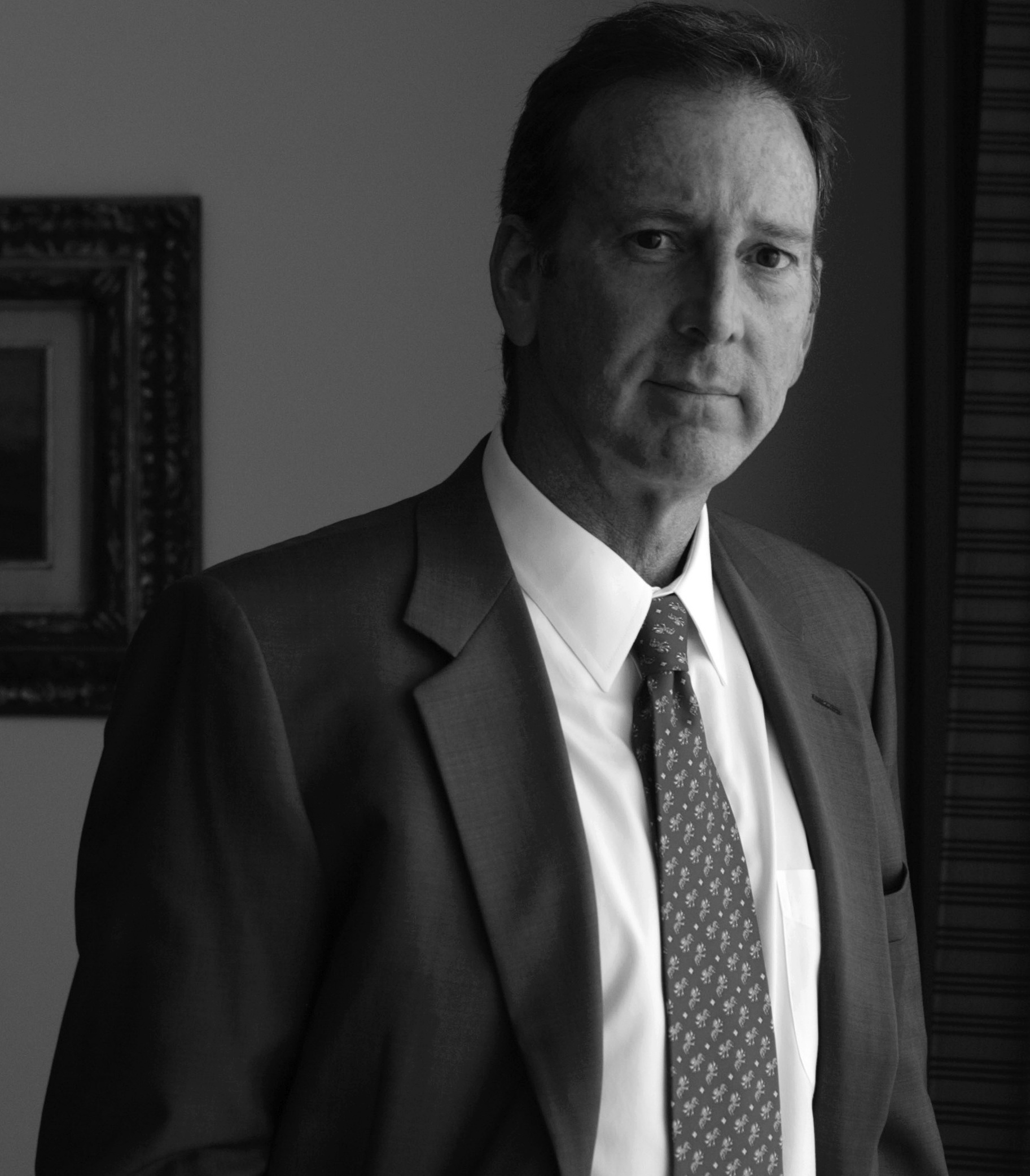Mexico's Security: Great Strides Forward on the Long Road Ahead
Country's Security Reforms Show Significant Progress, Promise
MEXICO CITY, MEXICO (July 21, 2011) —The following viewpoint on the recent release of Mexico's Secretary of Public Security Genaro García Luna's book about his country's security reforms is from Antonio O. Garza, a former U.S. Ambassador to Mexico:
There’s been plenty of armchair quarterbacking in both the U.S. and Mexico regarding President Felipe Calderón’s efforts to address his country’s violence and security issues.
Politicians on both sides of the border frequently speak of cooperation and partnership, yet far too often they engage in less than productive finger pointing and second-guessing. There’s also an unfortunate tendency to gloss over a more thoughtful examination of Mexico’s challenges and progress, opting instead to focus almost exclusively on the violence. And, sadly, there remains some truth to the old expression about media reporting: “If it bleeds, it leads.”
During my tenure as U.S. Ambassador to Mexico and now living and working here in Mexico City, I’ve had a unique opportunity to witness the ongoing efforts that President Calderón through his Secretary of Public Security Genaro García Luna have undertaken to build a civilian police force.
It is a tremendous task that Secretary Luna has chronicled in his recently released book, “The New Model of Security for Mexico,” a work that details the great strides and hard road ahead for Mexico as it works to forge the necessary institutions and strengthen its rule of law in order to achieve long-term security.
The security reforms and institutional structures being built in these last few years are still very much in their infancy and the country’s earlier economic and electoral reforms are, in many cases, less than two decades old.
At the same time, while the country struggles to implement large-scale change to modernize the police forces and enhance security, Mexico must simultaneously manage threats from a highly dangerous opponent – well organized, deeply entrenched transnational criminal enterprises – with many heads and many facets, akin to a mythic Greek hydra.
In the simplest of terms, the cartels and crime syndicates have had a head start and are formidable foes.
Yet, successful institutional and organizational reforms in Mexico’s security agencies, including the Federal Police, are absolutely vital if the fight against organized crime is going to be won and progress sustained.
For the first time, we’re seeing the introduction and systematic, consistent use of tougher background reviews of the entire Federal Police force and Public Security personnel, utilizing the best practices in training and certification processes used by the U.S. and other nations.
In just the past six years, active forces in the Federal Police have tripled from 10,700 in 2005 to more than 35,000 in 2011. Professionals dedicated to vetting new recruits to the federal police force have also grown from 120 to 1,200 personnel with enhanced training and certification abroad.
The Federal Police, under Secretary Luna, has shifted from the historically low levels of pride and professionalism and high levels of corruption to a reformed career service model with educational requirements, career training, promotion and disciplinary procedures on par with police forces in some of the world’s richest countries.
Political rhetoric and electoral pressures aside, the focus can and must remain on progress and partnership. The advances in institutional and security reforms in Mexico are still in their infancy, and there remains much to do, but the progress is substantial with far-reaching ramifications for both the U.S. and Mexico.
# # #
Media Contact for Ambassador Garza: Jennifer Waisath Harris, (512) 773-7168 or jharris@jwhcommunications.com
Antonio O. Garza is the former U.S. Ambassador to Mexico and is counsel in the Mexico City office of White & Case and a partner in ViaNovo, a U.S.-based public affairs consultancy. He is online at www.tonygarza.com, on Facebook.com/AntonioOGarza and on Twitter @aogarza.
Tags:


